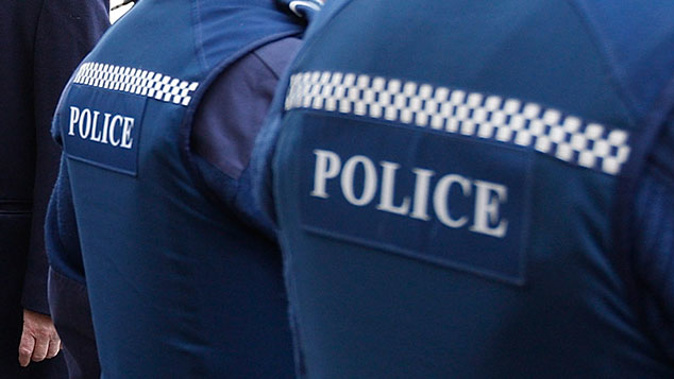
A partnership between law enforcement and academics will see researchers given access to confidential information.
Waikato University and New Zealand Police will be jointly setting up a Centre for Evidence Based Policing.
The pairing has been formed to help police do their job better, and grant university researchers access to more data.
Waikato University Vice Chancellor Neil Quigley said police currently have a lot of useful data that is hard to obtain.
"Analysis of their datasets allows prediction of when criminal activity is most likely to occur," he said.
Mr Quigley said they will be able to bypass certain layers of confidentiality.
"We will be pre-security clearing our researchers who are going to be involved in this initiative so they'll be working inside secure environments with police."
Evidence Based Policing business owner Shanan Gray said they will have access to records other universities will not be allowed to see.
But he said it would be tightly monitored for privacy purposes.
"The information they'll have access to will be heavily sanitised, so identification of any particular persons held within that data wouldn't be accessible," he said.
Mr Quigley said officers in the field would see the results of the partnership through their phones.
He said the university has made apps to assist Waikato police in the past, but this would take it to a national scale.
"A key issue is about getting more of the information that is available in police datasets onto mobile devices so that [police officers] do not need to be going back to the local police centre."
The Centre will also help police confirm whether their tactics work.
Mr Gray said it'll use police data, as well as international research to assist.
"It'll be running evaluations of initiatives that we currently undertake so we can confidently say that a police tactic does or does not work."
The agreement between the parties will last six years.
Police say initial research projects are likely to focus on key priorities for police including victims, Māori and road policing.
But Mr Quigley said they have not fully decided what topics they will examine first, and would not comment on whether research around police shootings were on the radar.
"That's the next cab off the rank, really."
Take your Radio, Podcasts and Music with you









